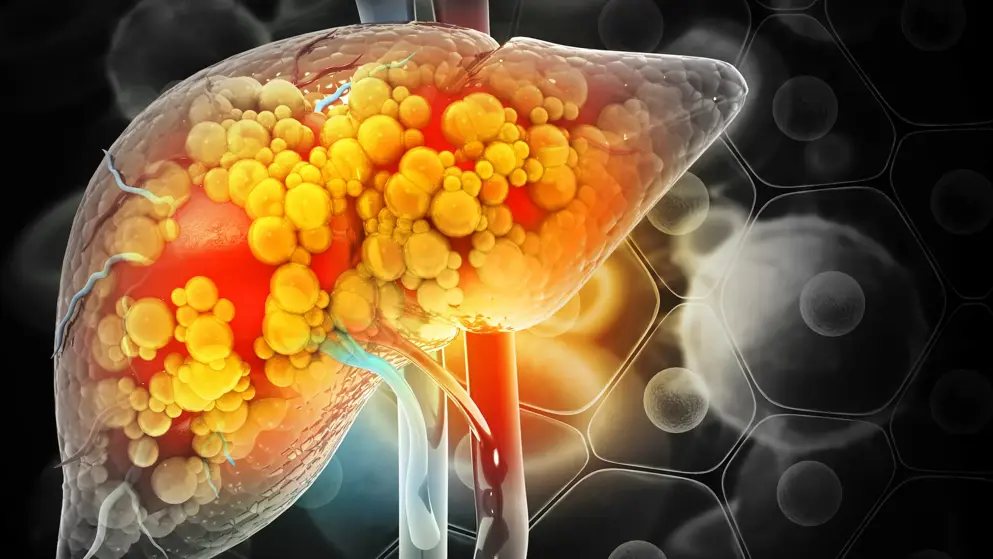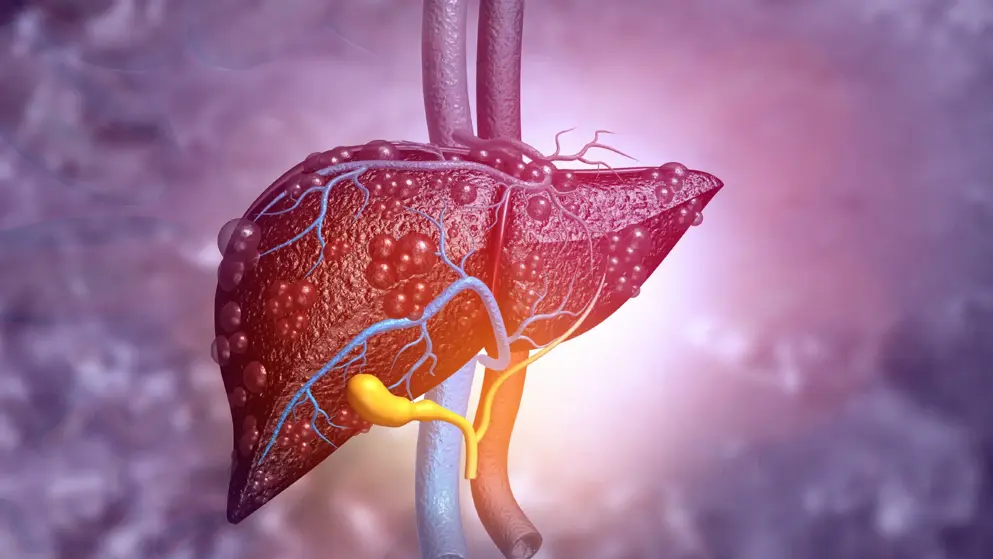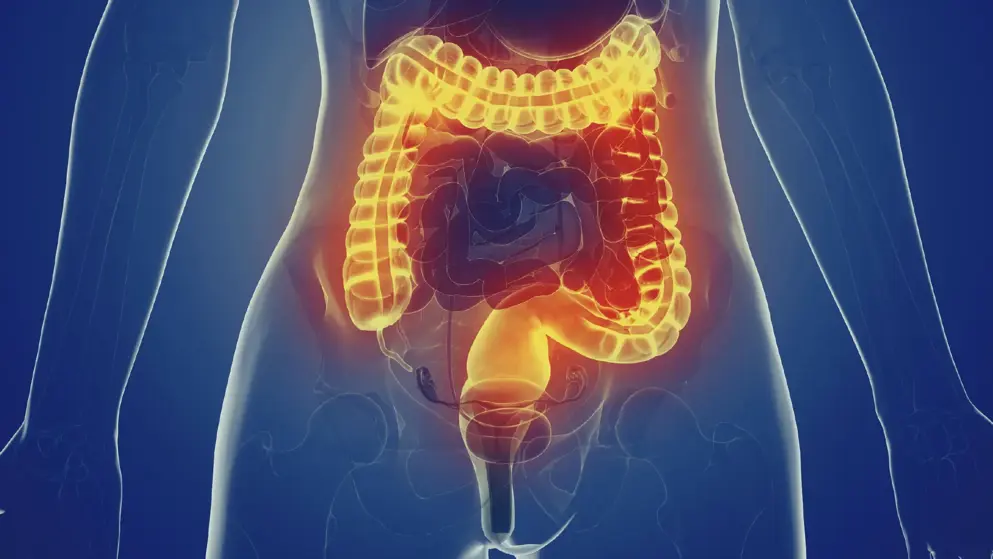
Gastroenterology and hepatology
The specialist resources in our Gastroenterology and Hepatology Hub are designed to support your clinical decision-making with videos, infographics, and other resources based on the latest research and guidelines.
Listen and learn: AATD podcast series
Earn 1.5 CME credits by listening to this accredited podcast series.
- What is AATD and how does it impact the liver and the lung?
- AATD genotypes involved in liver disease
- Screening, diagnosis, and guideline recommendations for AATD management
- Treatment options for AATD-associated liver disease and current unmet needs
Updates in your area
of interest
of interest
Articles your peers
are looking at
are looking at
Bookmarks
saved
saved
Days to your
next event
next event







